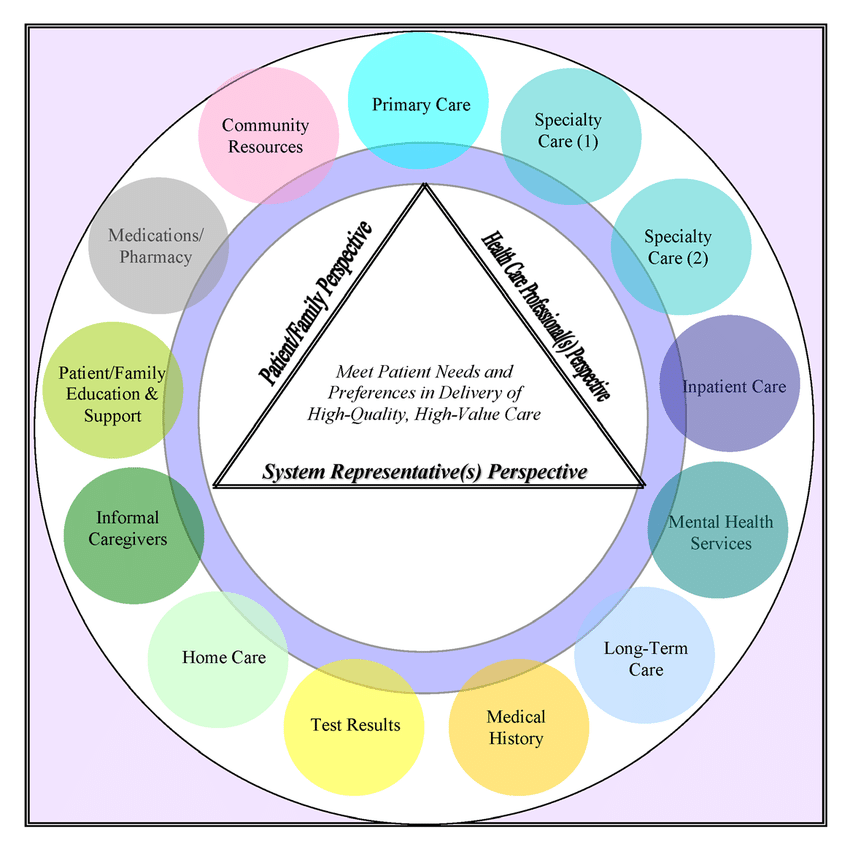Read: Care Coordination/ Manager of Care
Bowen, Draper, and Moore - OpenStax Fundamentals of Nursing
Nursing roles and responsibilities encompass a diverse array of critical functions within the healthcare system. At its core, nursing involves being a compassionate caregiver, providing holistic and person-centered care that addresses physical, emotional, and psychological needs. Nurses act as decision-makers, exercising clinical judgment, prioritizing care, and contributing to ethical discussions. In the role of a manager of care, nurses coordinate and optimize healthcare services, overseeing interdisciplinary teams and navigating complex healthcare systems. As communicators, nurses bridge the gap between patients, their families, and the healthcare team, facilitating effective information exchange and fostering therapeutic relationships. Nurses also serve as advocates, ensuring that patients’ voices are heard, their rights are respected, and their choices are considered in decision-making processes. Additionally, nurses act as educators, imparting essential knowledge to patients and communities, promoting health literacy, and empowering individuals to actively participate in their well-being.
Manager of Care
In the capacity of a manager of care, nurses assume a pivotal role in directing and overseeing the comprehensive delivery of healthcare services. This multifaceted responsibility encompasses various key aspects of patient care coordination and management. Nurses are charged with organizing and optimizing care delivery by planning and prioritizing interventions based on patient needs and available resources. Nurses play a crucial role in coordinating interdisciplinary teams, fostering effective communication and ensuring seamless collaboration among healthcare professionals.
As managers of care, nurses also navigate the complexities of healthcare systems, utilizing their leadership skills to advocate for patients and optimize the use of healthcare resources. This role involves overseeing the implementation of care plans, monitoring patient outcomes, and making timely adjustments to interventions as needed. Furthermore, nurses in this role are instrumental in promoting a culture of safety, quality improvement, and adherence to evidence-based practices within the healthcare setting. Through their managerial responsibilities, nurses contribute significantly to enhancing the overall efficiency, effectiveness, and quality of patient care.
Attribution Bowen, C., Draper, L., & Moore, H. (2024). Fundamentals of Nursing. OpenStax. Access for free


